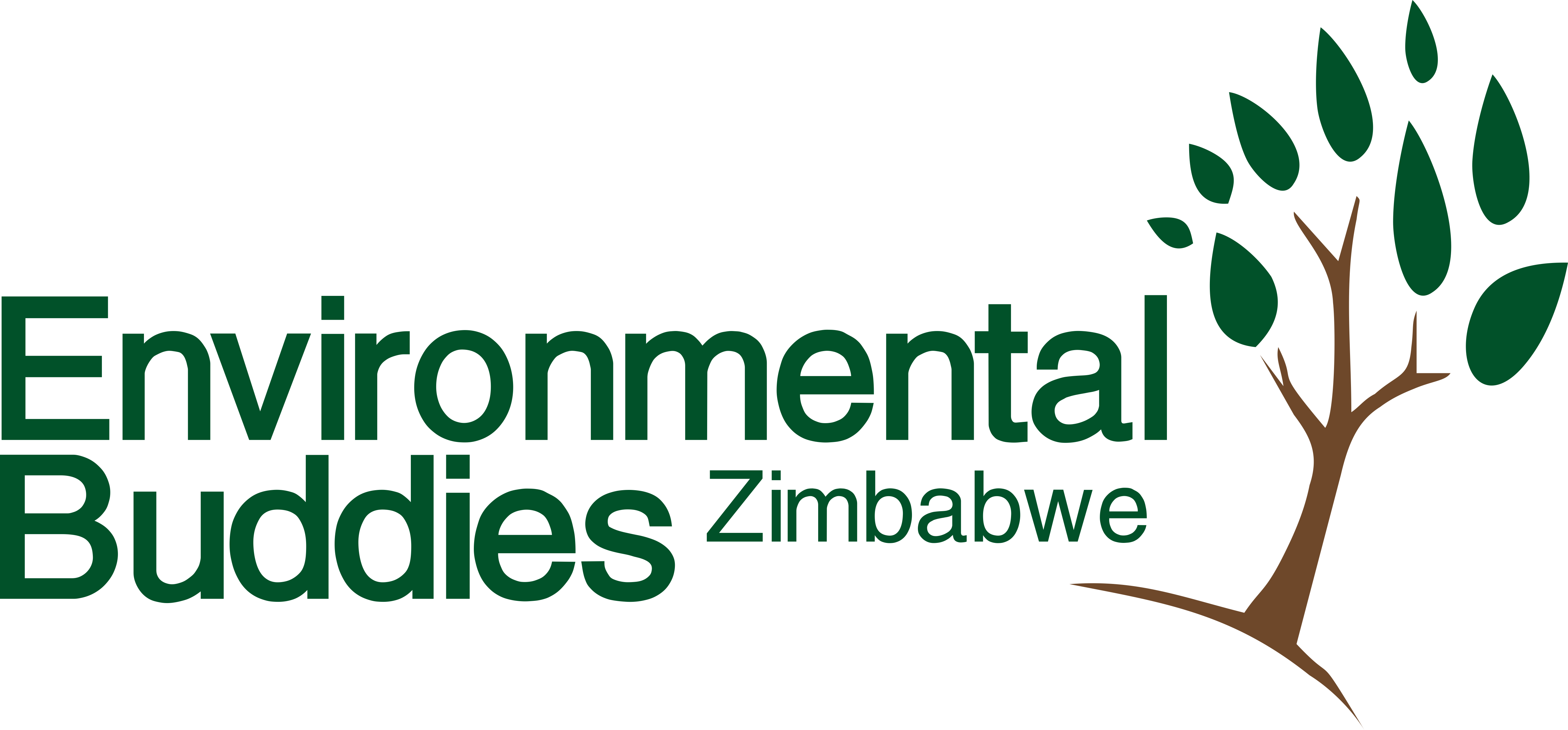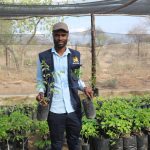Africa Day 2021: Environmental Protection for Economic & Social Development.
Africa Day marks the founding of the Organization of African Unity in 1963 , now known as the African Union. Each year we are given an opportunity to reflect on the challenges and achievements of the Governments and peoples of Africa. We need to take this time to unite as one Africa and build a better continent and a better, safer and a prosperous world for us and future generations. Sustainable development, anchored on environmental, economic and social just remains key to our prosperity.
The natural environment though mining, agriculture, forestry and tourism remain Africa’s biggest contributor to our GDPs yet each year the same resources are over exploited to benefit a few elite leaving the rest in abject poverty. The very same natural resources that are in abundance, enough to be shared equally, have become a source of conflict as injustices exist in profit sharing. Each year the continent sinks more into poverty with high unemployment rates, food insecurity, Ill equipped medical facilities and heavily deforested landscapes.
Take Action:
It’s high time we all take action to build the Africa we need. On this Africa Day, let us rededicate ourselves to fruitful partnerships in pursuit of peace and sustainable progress for the entire continent’s people. Key message today being; let us take care of our natural resources, especially forest because:
- Forests remain our major source of food and good health especially for rural communities. More than half of the rural community’s diet is made up of forests resources that include mophane worms, iswa, majuru, tsunaruna, baobab fruits, nhunguru, small game (birds, hares, mbeva) and vegetables.
Deforestation and land degradation due to land-use change makes our nations hungry.
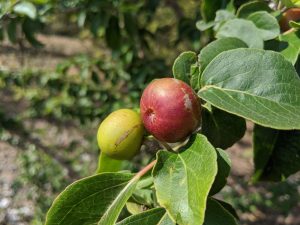
- Health forests mean health nations: 80% of medicinal drugs are plant based in developing countries. The number is even bigger in rural communities where most ailments are treated by herbalists using herbs harvested from forests, as most communities cannot access health facilities due to distance. In addition to the medical drugs, forests provide us with clean air, nutritious food, clean drinkable water and recreational space.
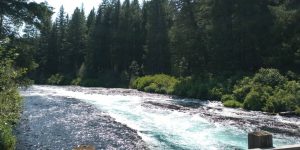
- Community engagement and empowerment is vital especially at a community level so that communities are better equipped with techniques to manage the natural environment that they depend on. Capacity building helps advance local solutions and promotes participation in ecosystem restoration.
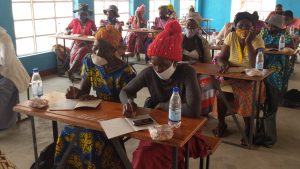
- Sustainable management of forests resources has the potential of creating thousands of green jobs especially for the youths of Africa. The green jobs will help support the livelihoods of millions of Africans. Bee keeping, Mopane worms, wild fruits harvesting and processing, and selective logging, paper making and construction from well managed forests are entrepreneurships that need to be enhanced for Africa to move forward.
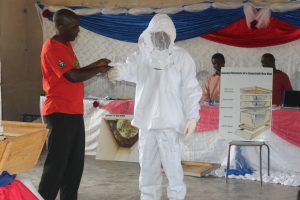
- Zimbabwe looses approximately 300 000 ha of forest each year. Forest loss destroys the carbon sink and veld fires and industries emit large quantities of climate-warming gases. Due to climate change and global warming, at least 8 percent of forest plants and 5 percent of forest animals are at high risk of extinction. Small scale tree planting and restoration efforts can have big impacts. Tree planting and preservation of existing forests will address the climate-change and biodiversity disaster, while producing goods and services needed for sustainable development.
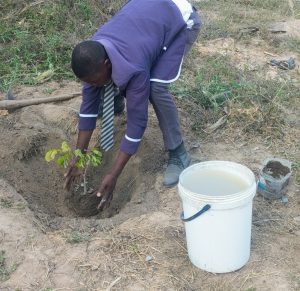
Africa can recover from environmental, economic, health and social crisis only if we invest in ecosystem restoration. When done properly, forest restoration has the potential for building back better communities and achieving the future we want.
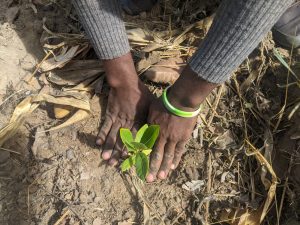
Lets us all remember we are responsible for the Africa we want. We are not Africans because we were born in Africa, but because Africa was born in us.
- Empowering Marange’s Youth: Celebrating Africa Environment Day at Holy Ghost High School - March 14, 2024
- Sowing Seeds of Hope: Rejuvenating Chiadzwa’s Environment Through Tree Planting” - March 11, 2024
- 5 Years On. Growing Green: Cultivating a Sustainable Future For Macheke’s Children - March 11, 2024
